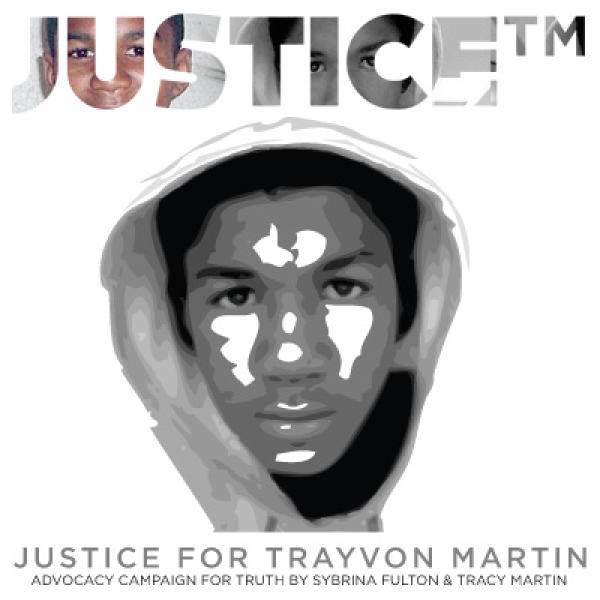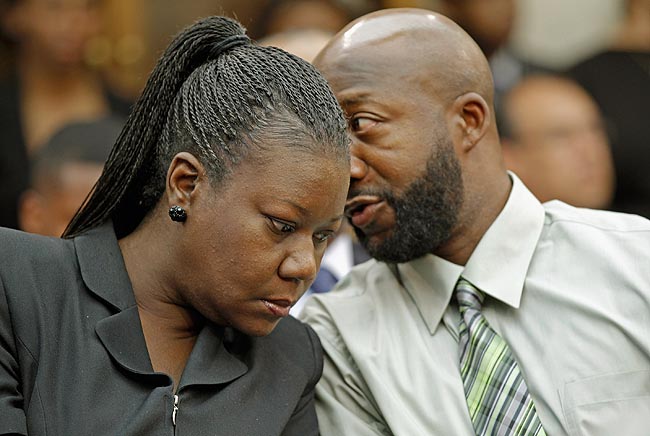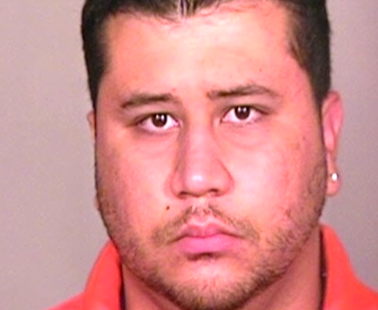Kaunga
JF-Expert Member
- Nov 28, 2010
- 12,530
- 13,467


The Parents - Sybrina Fulton & Tracy Martin

Tracy Martin, center, speaks at the Sanford City Commission meeting with Trayvon's mother, Sybrina Fulton, left, and the family lawyer, Benjamin Crump at the Sanford Civic Center in Sanford Fla., Monday, March 26, 2012. Martin, a black teen, was fatally shot by a neighborhood watch captain last month.

The Killer - George Zimmerman